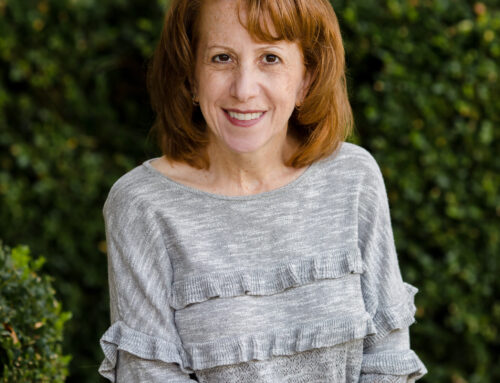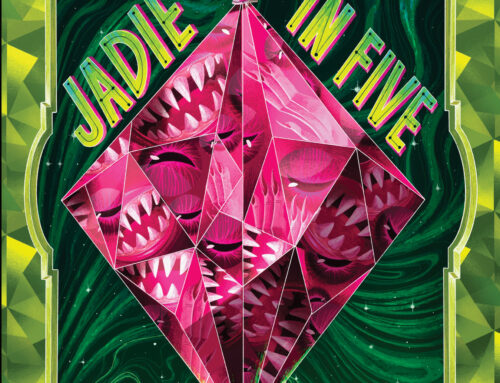Deborah Wiles is an award winning author of many books for children. Today, we highlight Deborah’s 1960’s trilogy detailing this difficult time in American history. Through these stories, Deborah proves that this decade can be relevant and understood by today’s middle grade readers. She successfully immerses the reader into the time period by mixing historical documents with the wonderfully authentic story of 12-year-old Sunny Fairchild during the 1964 Freedom Summer in Greenwood, Mississippi.
Middle Grade Mafia: What inspired you to write Revolution?
Deborah Wiles: The summer of 1964 has always haunted me. I wrote FREEDOM SUMMER, a picture book about that summer, and then decided to write a novel about it, as Book 2 of the Sixties Trilogy. I was a kid in Mississippi in 1964, and all I really understood then was that “everything closed” and people were fighting, and I couldn’t understand why. I also wanted to talk about voting rights and the idea that choice matters and I wanted kids to see that every life has value and meaning. I wanted them to come along with me on a historical journey, and yet connect to today’s events, and to their own lives, their own choices. And I wanted to talk about The Beatles. :>
MGM: How were you able to find such detailed history of the racial events in Mississippi in the 1960’s?
DW: Research! I spent lots of time at the McCain Library’s Civil Rights Archive at the University of Southern Mississippi, I did oral history interviews, I read so many books about this time in history, I collected photographs and other ephemera, I went to Greenwood, Mississippi many times, took photos, and talked with people who had lived through Freedom Summer, and I had a wonderful archive of material given to me by Mary Carol Miller, whose mother was a reporter for the Memphis Commercial Appeal living in Greenwood in 1964. She kept a diary and clips of all her stories. I put many of my resources on Pinterest, so readers and teachers can find them and use them if they want to: https://www.pinterest.com/debbiewiles/
MGM: For middle grade readers this story was “like OMG, decades ago.” Your idea to mix fiction with facts is a wonderful idea to keep them engaged. How did you balance the history with the story of Sunny’s summer.
DW: Well, “OMG decades ago” is also today. Sunny has friendships and family and music she loves, Gillette loves baseball, there is tension in the world, there are scary things happening and there is safety to counterbalance that. Just like today. The trick is to offer up enough universal touchstones for young readers so they can see themselves in a story. In COUNTDOWN, for instance, Franny has a crush on the boy across the street, she feels invisible at home, her friend is betraying her, and her teacher seems to ignore her… all common denominators that are just as real for readers today.
MGM: You’re exactly right. Kids still deal with some of the same issues today. The dialog in the book really takes us back to the time period. How were you able to replicate the dialect so accurately?
DW: I just wrote the way I heard people speak, growing up in Mississippi.
MGM: When doing school visits, do you find the audience uneasy with any of the historical content? Are you surprised with any questions or reactions from the crowd?
DW: I often present my first book, FREEDOM SUMMER, on slides, and show pictures of the pool in Mississippi that was closed when I was a kid — I show what it looks like today. Kids often can’t understand how that could have happened, and I even had a teacher once ask me why I wanted to bring “all this up.” Hadn’t we moved past that? Her kids didn’t see color. But they do. Just look at the world around us and the racial events that are ongoing. It’s important to remember, it’s important to understand our history, and it’s important to share it. I wanted to write REVOLUTION in order to stop writing revisionist history for kids. I wanted them to know what it was really like, and why. And I wanted them to know that they have a choice, every day, in creating history.
MGM: Do you see yourself writing more historical fiction? What other genre are you interested in?
DW: Well, I am working on Book 3 of the Sixties Trilogy now. Book 1 was COUNTDOWN, 1962, the Cuban Missile Crisis, Communism, the Cold War, and the Space Race. Book 2 is REVOLUTION, about Freedom Summer and the Civil Rights Movement in this country. Book 3 is tentatively titled TRIBE and will be about the counterculture, Vietnam, and rock and roll.
I’ve written three books that are realistic fiction, the Aurora County trilogy: LOVE, RUBY LAVENDER; EACH LITTLE BIRD THAT SINGS; and THE AURORA COUNTY ALL-STARS. I can see writing more novels in that vein — I like realisitic fiction. I also like poetry — my book ONE WIDE SKY is a book written in rhymed couplets. And I’ve just sold a picture book about Bobby Kennedy, so I’m writing biography now as well!
It’s all story, and it’s all good. Thanks so much for including me at Middle Grade Mafia.
Congratulations on your success and thank you for writing these important stories for middle grade readers.
For more about Deborah Wiles, please visit her website and blog.







Leave A Comment